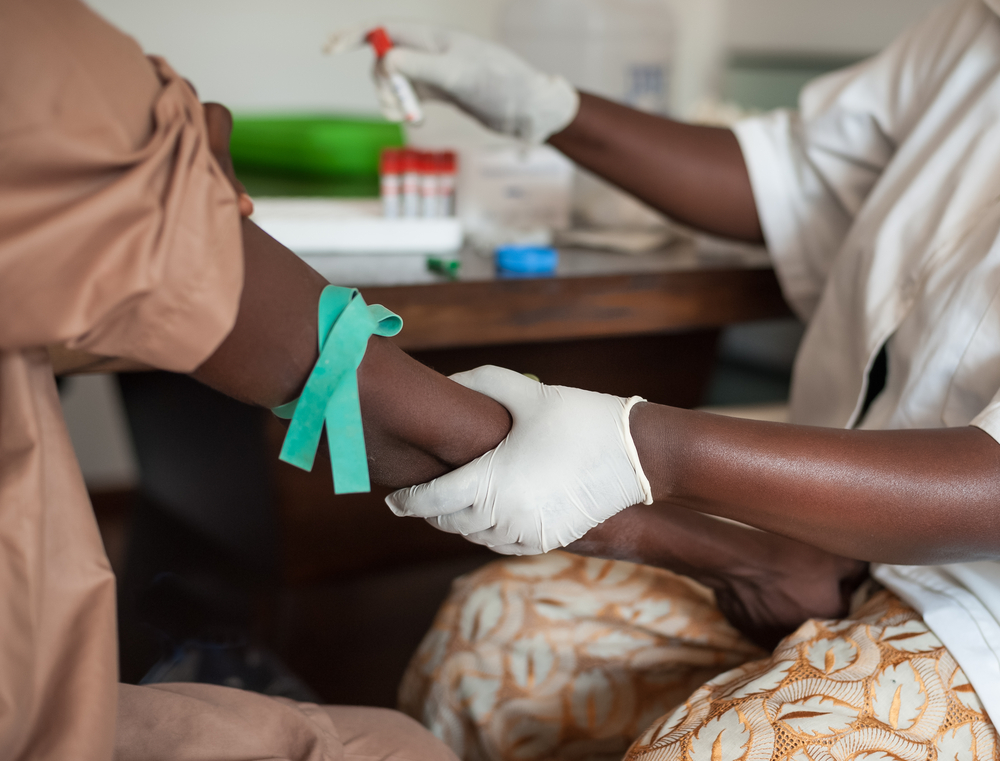
As the Democratic Republic of Congo (DRC) continues to deal with the most recent Ebola epidemic, a study from the Lancet Infectious Diseases journal shows that lack of trust might be a contributing factor.
Violent episodes have complicated matters in the DRC, but one bad turn tends to foster another. In a survey of 961 adults in-country, it was found that a quarter of the respondents refused to accept the virus was real. They refused to accept vaccination against infection as a consequence. Further, only 349 people thought local authorities could be trusted. Even those who believed the virus was real were less likely to seek care or accept vaccination if they thought the risk of contracting was high, possibly because they believed going to a medical setting would only make them more vulnerable.
It is a problem that shows, according to the Lancet, communication is as key as any medical measure in dealing with outbreaks.
“Medical responses alone are not enough to stop the spread of Ebola,” Dr. Patrick Vinck, the research lead from Harvard University, said. “Ebola responders are often from outside local communities, so building trust via local leaders and service providers should be a cornerstone of efforts to engage with people to control outbreaks. This is particularly important in conflict zones where information about outbreaks can become politicized.”
Despite the lack of trust, the Lancet did find that 885 of those surveyed were taking measures on their own to promote healthy environments, such as washing their hands more frequently. Also, 757 actively avoided contact with people suspected of having Ebola. Most — 899 — also did believe in vaccines in general, though only 641 believed Ebola vaccines specifically work.
The research focused on the cities of Beni and Butembo in the heart of the outbreak. While researchers note the limitations in using such select affected areas, they have concluded that higher trust is correlated with seeking care and accepting vaccination, while lack of trust makes people 15 times less likely to seek formal health care and five times less likely to accept vaccinations.




